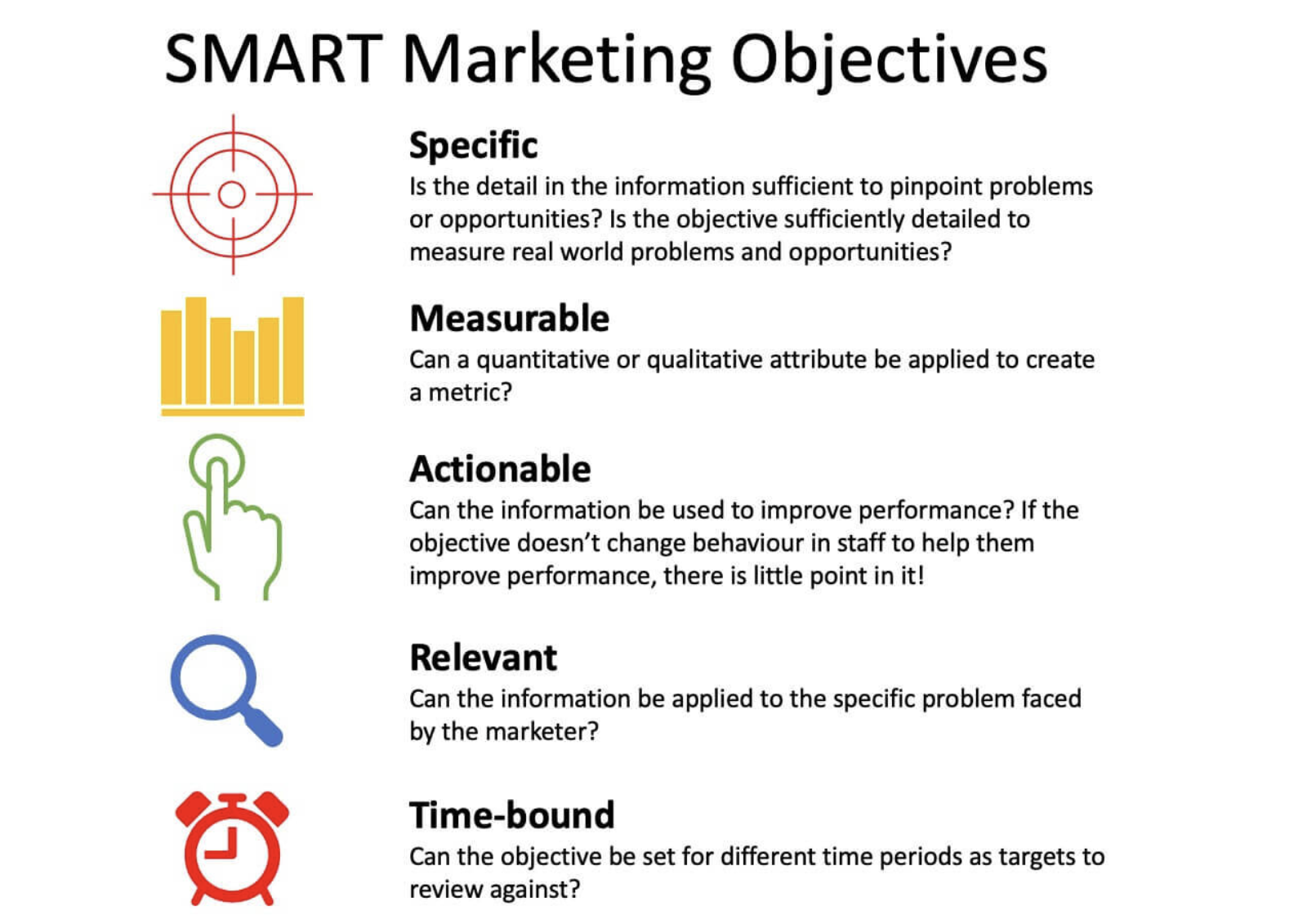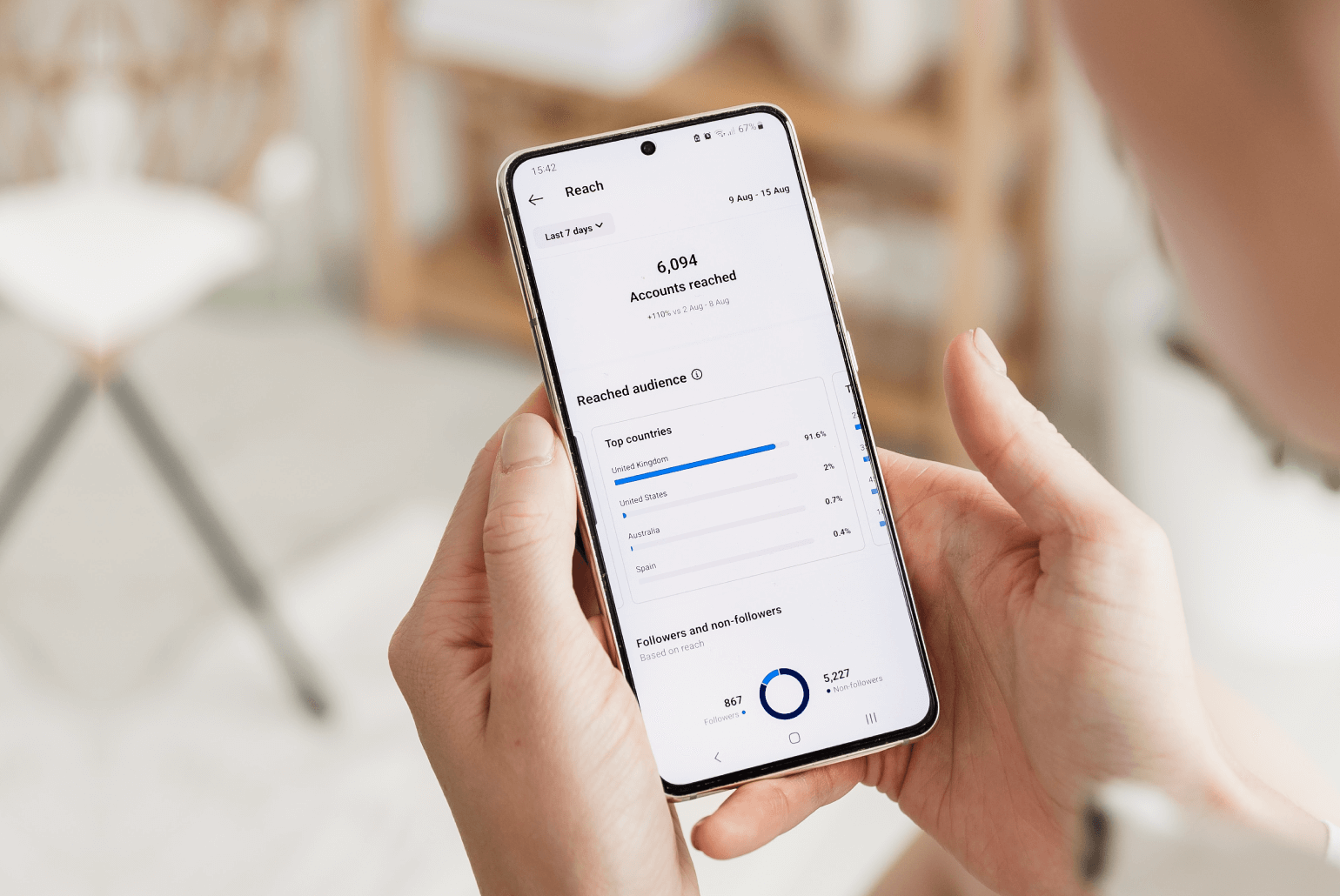Photo by Georgia de Lotz on Unsplash
Unleashing the full potential of social media in your marketing strategy is no joke. It’s not enough to simply exist in the digital realm and hope for the best. You need to crack the code on how to measure social media success and rise above the sea of mediocrity.
It is, therefore, imperative to measure your social media performance to assess your position and pinpoint areas for improvement. This article explores the significance of measuring social media success and presents four effective methods for doing so.
So, without further ado, let’s get started.
Why Measuring Social Media Success Matters
Measuring social media success is crucial in determining the impact of your social media marketing efforts.
One of the critical benefits of measuring social media success is that it helps you understand your customers’ preferences and behaviors. By analyzing the engagement metrics of your social media posts, such as likes, comments, and shares, you can gain valuable insights into what your audience likes and dislikes. This information can help you tailor your social media content better to meet the needs and interests of your followers.
In addition to understanding your audience, measuring social media success can help you identify the content that resonates best with your followers. By tracking the performance of different types of content, such as images, videos, or carousels, you can determine which formats are most effective in driving engagement and traffic to your website. Then, simply double down on what works.
Another benefit of measuring social media success is that it allows you to monitor your competition. By tracking the social media activity of your competitors, you can gain insights into their strategy and tactics and identify areas where you can improve your social media marketing efforts.
Finally, measuring social media success can help maximize your return on investment (ROI). How? By analyzing the performance of your social media campaigns! This entails evaluating which tactics generate the most leads or sales and allocating your resources accordingly.
4 Ways to Measure Social Media Success
1. Set Clear Goals
The first step in measuring social media success is to set clear and specific goals for your social media campaign. Your goals should be SMART—Specific, Measurable, Achievable, Relevant, and Time-bound.

For instance, your goal can be to increase your Instagram followers by 20% in two months. When you have clear goals, you can track your progress and adjust your strategies accordingly to achieve your goals.
Setting goals is essential because it helps you to focus on what you want to achieve. Without clear goals, you may waste time and resources on social media platforms that do not align with your business objectives.
2. Track Goal-Specific KPIs
To measure social media success, key performance indicators (KPIs) should be tracked. Your KPIs should reflect your social media goals.
For instance, if your goal is to increase brand awareness, your KPIs could include metrics like impressions and reach. If you want to generate leads, you should track click-through rates (CTR) and conversion rates.
Tracking KPIs is essential because it helps determine if your social media campaigns are effective.
3. Benchmark and Compare against Competitors
Benchmarking against your competitors can give you a perspective of how well you are doing. By monitoring your competition, you can see what works for them and incorporate some of those strategies into your social media campaigns. You can also analyze their weaknesses and design strategies that can help you stand out.
Competitor analysis is essential because it helps you to stay ahead of the competition. By understanding what your competitors are doing, you can identify gaps in the market and design strategies that can help you to differentiate yourself from them.
4. Incorporate Conversion Tracking and ROI Analysis
To determine the effectiveness of your social media campaigns, you need to track conversions and ROI. Conversion tracking helps measure the number of leads generated through social media, while ROI analysis assesses the profitability of your social media activities.
With these metrics, you can determine which social media platforms deliver the best ROI and concentrate on those platforms to maximize your results.
Conversion tracking and ROI analysis are essential because they help you to determine the impact of your social media campaigns on your business. By tracking conversions and ROI, you can identify areas that need improvement and adjust your strategies accordingly.
Strategies to Improve Social Media Marketing Performance
After measuring your social media success, the next step is improving your marketing strategy. Here are some actionable strategies to improve your social media marketing performance:
Regularly Post Valuable Content that Resonates with Your Target Audience
Regularity is a common issue when it comes to creating and sharing engaging content. With this in mind, posting valuable content consistently is one of the most effective ways to improve your social media marketing performance.
Your content should be tailored to your target audience’s interests and needs. It should be engaging, informative, and shareable. Consistency really is the key, so make sure you have a content calendar and stick to it.
Tailor Your Content for Each Social Network
Every social media platform is different. So, don’t post the same content on all social media channels without tailoring it, as it won’t perform.
Here’s a quick rundown of what kind of content works best for each platform:
- Instagram: Focus on visually appealing content, hashtags, and interactive features.
- Twitter: Keep posts concise, use hashtags, and engage in conversations.
- Facebook: Share engaging, shareable content and encourage interaction.
- LinkedIn: Share professional, industry-specific content, and engage with professionals.
- TikTok: Create short, entertaining videos, and leverage trends and effects.
- YouTube: Produce high-quality videos, optimize for search, and engage with viewers.
Pro Tip: If you don’t have time or resources to customize content for each channel, consider using tools like Gain to help you duplicate the content and reshare it easily across all your social media accounts.
Explore all of Gain’s features.
Your Social Media Accounts Should Be a Two-Way Conversation
Another trick to improving your social media performance is to engage with your audience by asking questions, responding to comments, and addressing concerns. This will help build trust and loyalty with your audience and increase engagement on your social media accounts.
Consider Paid Social Media Ads
Finally, don’t rule out using paid ads. Paid social media ads can significantly increase your reach and drive traffic to your website. Platforms like Facebook, Instagram, and LinkedIn offer a variety of ad formats that can be tailored to your business goals. Ensure you clearly understand your target audience and objectives before launching any paid social media campaigns.
Conclusion
Measuring your social media success is crucial to optimize your social media marketing strategy. Set clear goals, track your KPIs, benchmark against your competitors, and use ROI analysis to determine the effectiveness of your social media campaigns.
Incorporating these four ways to measure your social media success will help you improve your social media marketing performance, reach your target audience, and achieve your business goals.
But, like we said, you can’t achieve social media greatness unless you post consistently, and with our tool, Gain, this is now possible.
Gain is a user-friendly platform that streamlines social media content management through various stages of planning, reviewing, approving, and publishing. With Gain, you’ll be able to publish content on time, all the time!
Test Drive Gain for Free Now.






